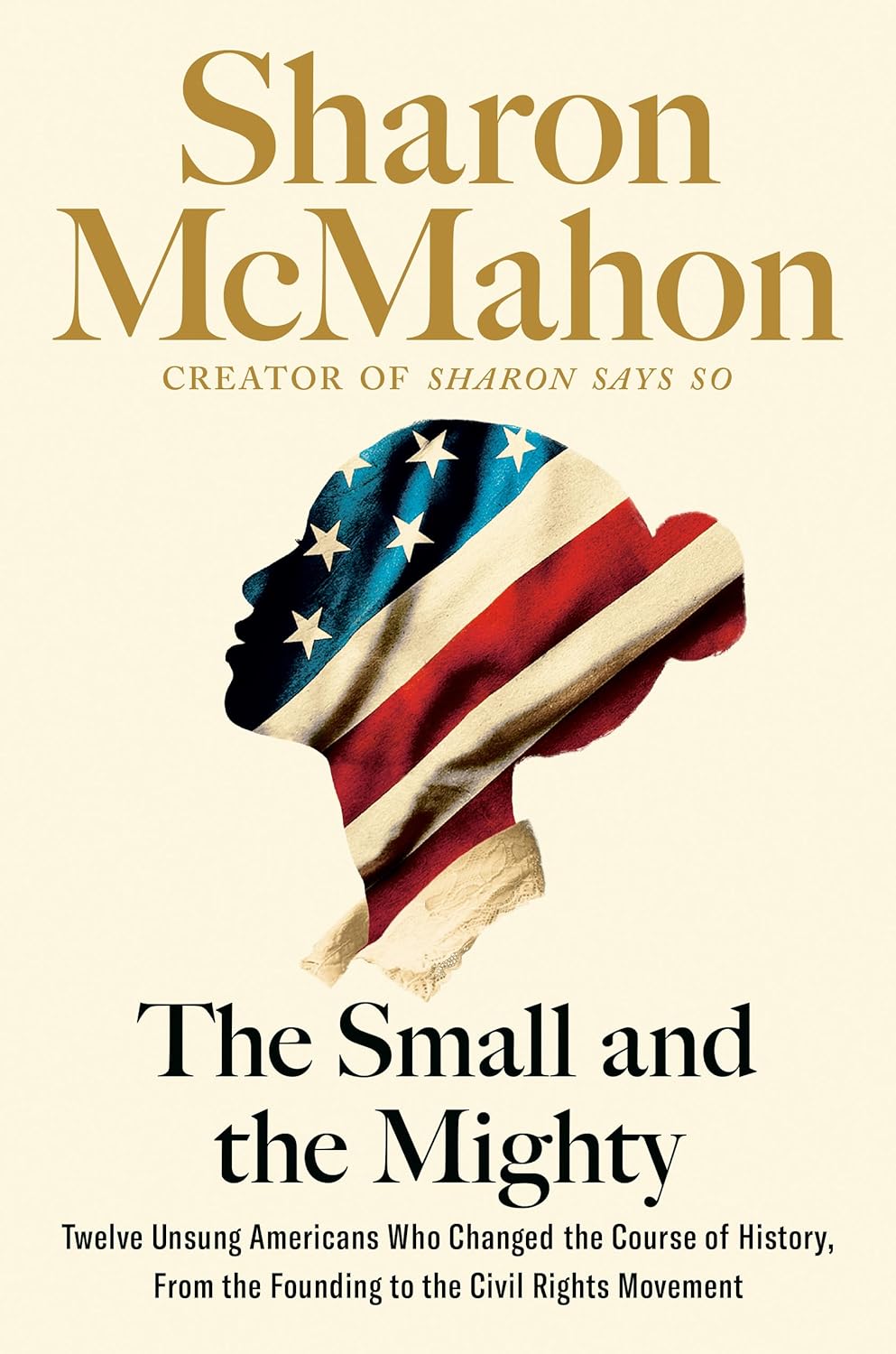Chapter 22: Claudette Colvin_Alabama, 1950s
byChapter 22 focuses on the remarkable and often overlooked story of Claudette Colvin, whose brave actions predated those of Rosa Parks by nine months, yet played a crucial role in the civil rights movement. At just fifteen years old, Claudette was living in Montgomery, Alabama, when she refused to give up her seat to a white woman on a segregated bus in March 1955. This occurred during a school outing, when Claudette, sitting in the section designated for Black passengers, was ordered by a white woman to move. Despite the pressure from the bus driver and onlookers, Claudette stood firm, feeling compelled by the weight of her ancestors’ struggles. Figures like Harriet Tubman and Sojourner Truth inspired her defiance, pushing her to challenge the system of segregation. Her act of resistance came months before Rosa Parks’ famous refusal, and it demonstrated the quiet strength and resolve of a young girl who refused to accept injustice.
Growing up, Claudette was acutely aware of the racial inequalities that permeated her world. She was regularly confronted with the harsh realities of segregation, which manifested in small but significant ways, such as being denied the right to try on shoes in stores or having her medical appointments canceled solely because of her race. The tragic death of her sister from polio deepened Claudette’s understanding of the systemic inequities she faced. However, school provided a sanctuary where she could escape the oppressive forces of the world outside. Her English teacher introduced lessons that connected historical struggles for freedom to the lives of her students, reinforcing Claudette’s sense of justice. These lessons helped solidify her determination to fight against the injustices she experienced, shaping her growing resolve to challenge the status quo.
Claudette’s awakening to the need for justice was further heightened when she learned of the wrongful arrest and execution of her classmate, Jeremiah Reeves. This incident, a stark reminder of the deep-seated injustice in her community, ignited a fire within Claudette to seek change. She vowed to become a lawyer, driven by the desire to fight for justice rather than merely accepting the world as it was. Her commitment to this goal was only strengthened by the experiences she endured, and the overwhelming desire to fight for others who had been wronged by the system. This moment solidified her growing sense of purpose, making her future pursuit of justice a fundamental part of her identity. Claudette’s story, though overshadowed by others, highlighted her pivotal role in the larger struggle for civil rights, setting the stage for her courage on the bus that would ultimately change the course of history.
On the fateful day of her arrest, Claudette’s defiance against authority was palpable. As police officers attempted to physically remove her from her seat, she asserted her rights, stating tearfully that the Constitution gave her the right to remain where she was. The public display of her resolve, even in the face of intense pressure, made her a symbol of resistance. Her arrest brought attention to the unjust segregation laws, and her actions ignited further efforts to challenge these laws in the community. Claudette’s refusal to comply with authority, at great personal cost, became a catalyst for the broader civil rights movement, and she quickly became a powerful figure in the fight for justice. Her act of resistance on that bus did not just represent her personal stand against racism but was a pivotal moment in a larger movement that sought to dismantle the system of segregation in the South.
Claudette’s actions and their aftermath were crucial in building momentum for the Montgomery bus boycott, which later became a key event in the civil rights movement. Her story, while often overlooked in history books, stands as a testament to the power of individual courage and its ripple effect on the larger fight for equality. Though her role was initially marginalized, Claudette’s bravery was instrumental in inspiring others to take action against racial injustice. By standing her ground, she not only contributed to the boycott but also became a symbol of resistance, paving the way for future civil rights leaders to challenge the systems of inequality that had plagued Black Americans for generations. Her story serves as a reminder of how even the quietest acts of defiance can spark change, altering the course of history in profound ways.

